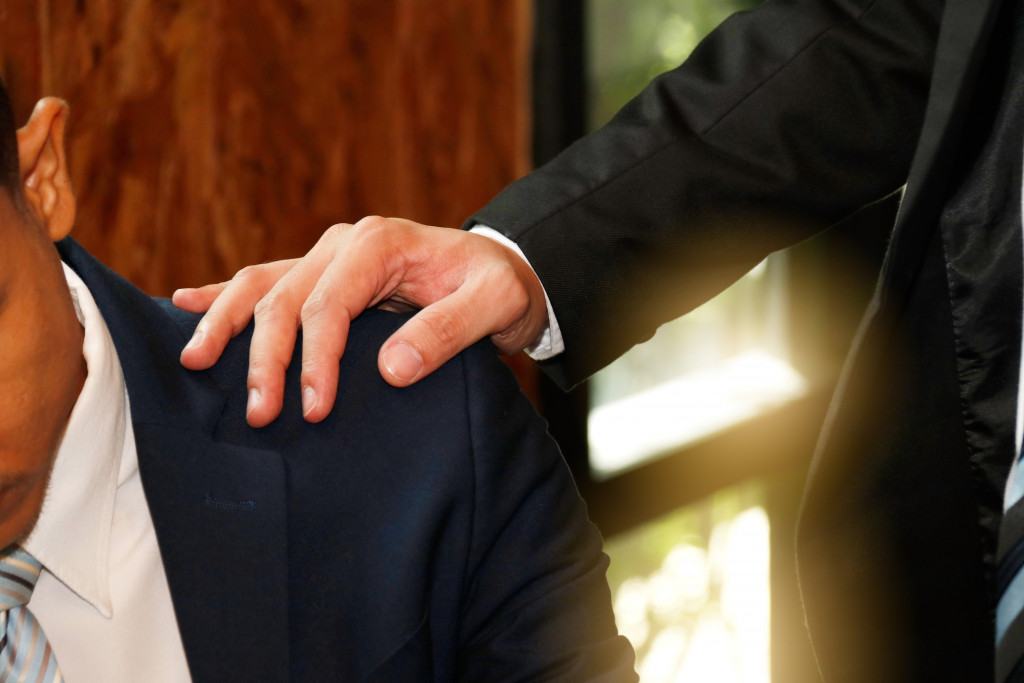Toxic masculinity is a term used to describe harmful and typically conventional male traits or attributes. Men are often characterized by outmoded and false stereotypes that produce an unhealthy and inaccurate view of what it means to be a male in today’s culture, ranging from being devoid of emotion and power-hungry to egotistical and aggressive.
Assuming that males should be guardians, heads of households, or leaders, or equating men with rage, greed, and aggressiveness, may be problematic and harmful. When such ideas are founded on unsubstantiated prejudices that we, as people and as a culture, promote, men and boys, are brainwashed to believe them erroneously or to strive to live up to their expectations, eventually hurting themselves as well as others.
Genuine Masculinity
In many respects, “manhood,” like “womanhood,” in the United States comes with many expectations. As a culture, we place a higher value on women’s kindness, compassion, and caring than we do on men’s. According to the Pew Research Center, we also favorably connect males with being protective and negatively emotional.
This is not to say that guys aren’t loving, sensitive, or emotional; nevertheless, we as a culture don’t appreciate these qualities in males, which may cause men to feel they aren’t worthwhile. “Fragile masculinity,” a phrase that refers to unreasonable societal expectations imposed on males, arises because many men believe they must overcompensate or behave in a particular manner to satisfy these conventional ideals, yet we are all human. We all have a mix of masculine and feminine characteristics as humans, regardless of gender. While feminism has compelled America to rethink and reexamine the roles of girls and women, it has also generated concerns about boys and men and their place in society.
Traditional cultural ideas of masculinity have a detrimental effect on every member of society. Still, research shows that they have a larger impact on homosexual men’s self-image, relationships, and general mental health. What our culture must remember is that being a guy does not imply liking sports or women. Being a solid guy does not exclude you from showing vulnerability or crying. In reality, being attractive does not contradict being beautiful, and if you want to appear and feel better, you should invest in your aesthetics via treatments that women often do. Go ahead and buy beauty products and health supplements like collagen for men. Being a successful guy does not need you to marry or work in the C-suite. Romantic preferences and gender identities, like job and lifestyle choices, do not diminish your masculinity.
The Impact of Toxic Masculinity on Men

Masculinity becomes brittle as a result of its rigidity. When it can’t afford to accept the diversity of gender identities, physical, cultural orientations, or feminine power inherent in every diverse culture, it has no choice but to lash out or risk collapsing under the weight of its culturally constructed expectations. Whatever the reason, the reaction is [nearly always] violent… Sometimes this violence manifests itself in the form of physical domination or hostility. Sometimes it manifests itself internally, as in sadness, alcoholism, or suicide.
Every action is motivated by a need. I’ve seen in guys with rage problems and aggressive tendencies that these are taught habits. Violence or rage is often used to safeguard vulnerability. Unfortunately, many males are not trained to be vulnerable, overcome trauma, or accept all aspects of themselves. Consider Aaron Hernandez, who endured many tragedies as a kid before growing up to become a professional player and larger-than-life figure. He was imprisoned, convicted of murder, and eventually killed himself.
Men are often pressured by society to “be men” in the conventional sense rather than human. For males, vulnerability is often ignored, disregarded, or combated. Men’s mental health suffers when they suppress their emotions, forget their sentiments, or reject their feminine characteristics.
In 2018, males were considerably more likely than women to die from opiate addiction. Men are much more likely than women to commit suicide. Anxiety, sadness, and mental illness affect males just as much as they do women. On the other hand, men are more prone than women to avoid mental health services and are more hesitant to seek assistance, particularly when it comes to mental well-being. As a nation, we often fail to treat the many traumas experienced by boys and men. We frequently penalize actions without solving the underlying problems that contribute to such behaviors. We must remove the stigmatization and remind men that getting assistance, expressing feelings, and seeking treatment are helpful and essential for the development of our society.
